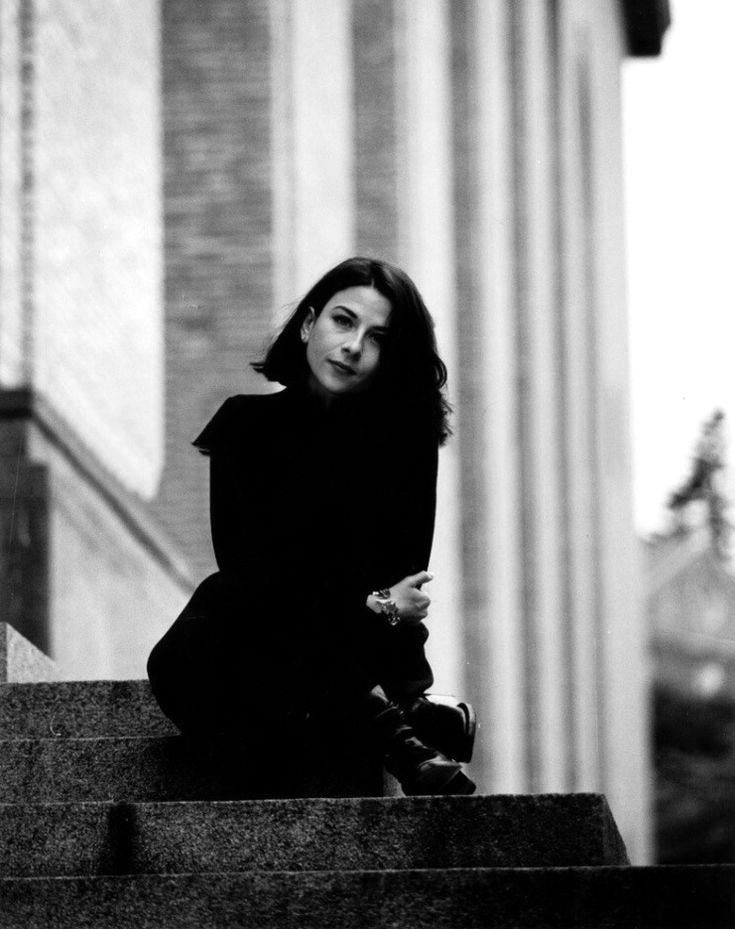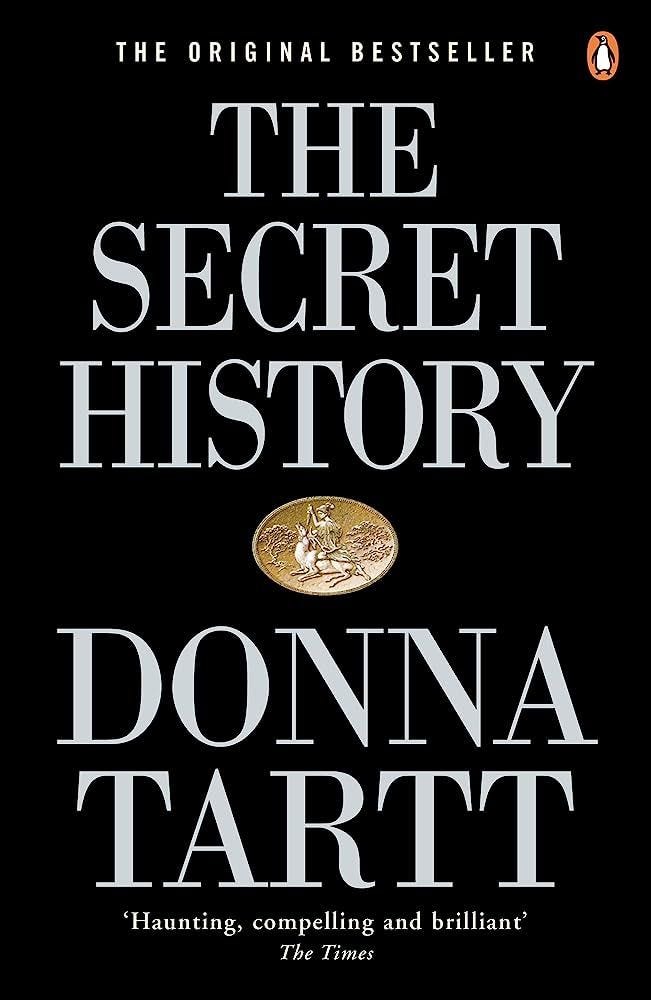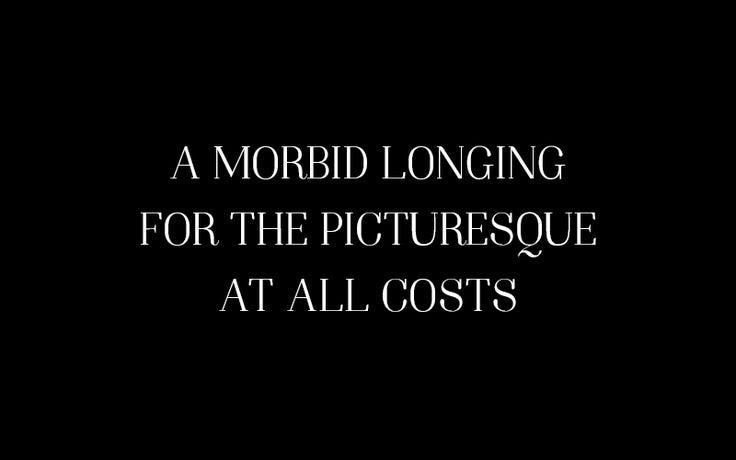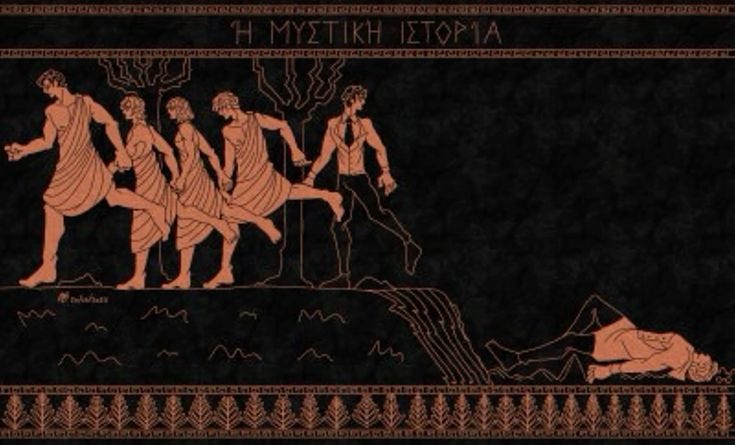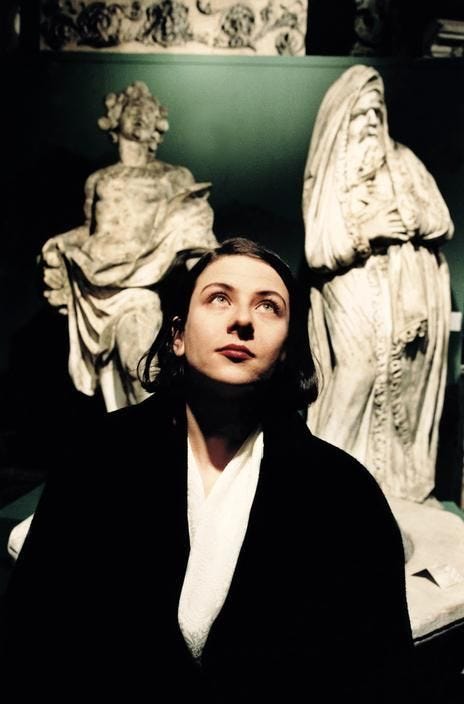“Ever since I was a little girl, I always loved to read books and I thought what a wonderful thing if I could just read books all day but writing is even more wonderful because it is a deeper level of involvement.”
— Donna Tartt (1992 interview)
Surely you know her name; Donna Tartt, is an American novelist best known for her critically acclaimed works The Secret History, The Goldfinch and The Little Friend. Her literary achievements are remarkable, from winning the Pulitzer Prize and Andrew Carnegie Medal for The Goldfinch to receiving the WH Smith Literary Award for The Little Friend in 2003.
I first came across The Secret History through social media during the quarantine, a time when the dark academia aesthetic was making a resurgence online. Alongside authors like M.L. Rio (If We Were Villians), Donna Tartt’s name was inescapable. It took me three years to finally pick up the book (or rather, the audiobook), and I devoured it. From the infamous opening line, “The snow in the mountains was melting and Bunny had been dead for several weeks before we came to understand the gravity of our situation.” I was hooked. Every spare moment was spent listening to Tartt’s own melodic narration, all things Donna have been engraved in my mind ever since.
“A book is a dream that the writer and reader dream together.”
— Donna Tartt (RivistaStudio 2021 interview)
When it comes to Donna Tartt’s writing, it is evident she has a distinct writing style, embedded in her prose. She began writing at the age of five and had her first poems published by thirteen. Her writing is dense with detail, yet never feels overburdened. Every sentence is carefully constructed, every character is intricately developed, and every plot is meticulously woven with each other. This level of craftsmanship has earned her a reputation as a master storyteller, someone who understands that a good novel is not just about what is told, but how it is told. As I writer, in my daily practice I try to incorporate each of these fine details in my work.
Her protagonists are often deeply flawed individuals, capable of both kindness and terrible cruelty. They are driven by a mixture of noble intentions and selfish desires, and their actions often blur the line between right and wrong. This moral complexity makes Tartt’s characters feel real and relatable, even when they are involved in grotesque action. Tartt’s ‘unreliable narrators’ such as Richard Papen make the reader truly question their morals and dissect a story even further.
Themes and symbolism are notably used throughout her writing. Death a central theme, is used in her novels. In The Secret History a group of student plan on murdering their friend. The story explores guilt, consequences, intellectual elitism and living with queer morals/beliefs like the ancient Greeks. Similarly, The Little Friend revolves around a young girl’s attempt to solve the mystery of her brother’s death, a journey that leads to more questions than answers. Tartt’s portrayal of death is never straightforward; it is always intertwined with the complexities of human emotion and the unpredictability of life.
Tartt’s Writing Routine
Donna has notably spaced out her novels over a decade each, with her three books spanning from 1992, 2003 and 2014. This slow, careful approach is rare in an industry that often rewards speed and prolific output. Unlike most writers, Donna experienced incredible success early on; her first book deal was rumoured to be worth $450,000 and was auctioned among multiple publishers. Not many writers enjoy such privilege; most are required to publish more frequently to sustain a career.
Tartt writes for three hours in the morning hours and tends to write until she feels she’s reached her limit. When she experiences a blockage, she doesn’t force herself to write but turns to something else. In her RivistaStudio 2021 interview, she said she writes both by hand and on the computer. “With my novels I start out by hand, scratching things out and underlining things in different colours and then when my handwritten pages get too messy, often because I’ve cut the paper up with scissors to move sentences and paragraphs around, I go to the computer.”
For revisions, she colour-codes her edits. The Goldfinch went through various stages, including a pink draft, a grey draft, and a blue draft, an approach inherited from a former French teacher. Much of her research for The Goldfinch was conducted at the New York Public Library. She prefers to write in quiet rooms and has noted as she writes, her stories evolve and take her on a new journey. She always ends up where she initially intended in the planning stage, but she ends up taking a different route.
It’s impossible to completely replicate another writer’s style, and the idea of copying a voice feels unsettling. To those who would like to be like Donna Tartt I would recommend taking a look at the practices and hobbies she has outside of writing. Fashion, art and travelling are all significant parts of her life. As an academic, she has studied multiple languages, including Greek and French, we can see this in The Secret History. On studying the classics, she said, “To study the classical world is to study art, architecture, philosophy, mythology, aesthetics, poetry, stagecraft, government.”
“It’s a privilege to write, and the more I write, the more I want to write. The world isn’t going to come to you. You have to go out and do the work.”
— Donna Tartt
Tartt cites figures like Faulkner, Dante and Shakespeare and works like The Odyssey, Iliad, and The Divine Comedy have heavily influenced her work. Again, we see this in the symbolic nature The Secret History was written in emulating the classic Greek tragedy. Other writers, she claims to “worship” are: Dickens, Nabokov, Proust, Dostoevsky, Yeats, Borges, Edith Wharton, Evelyn Waugh, Salinger and Virginia Woolf. From the 19th century onwards, she takes a liking to; Edward St. Aubyn, Haruki Murakami, Olga Tokarczuk, Don DeLillo, W.G. Sebald, Joan Didion, Chateaubriand’s Mémoires d'outre-tombe. Music is also a large part of her life. She’s noted a fondness for Billie Holiday, Thelonious Monk, Chet Baker, David Bowie, and Lana Del Rey, as well as classical composers like Mozart and Beethoven.
The Enigma of Donna Tartt
Despite her literary success, Donna Tartt remains a mystery. She is famously private, rarely giving interviews, and this has only heightened her allure. There’s always the sense that there’s something more beneath the surface, both in her writing and in her personal life.
Tartt’s reclusiveness also allows her work to stand on its own, untainted by the cult of personality that often surrounds famous authors. In an age where many writers use social media to build their brand, Tartt refuses to engage in self-promotion. It suggests a belief in the power of literature itself, a confidence that her work will find its audience without the need for constant self-presentation. For fans eager for news, Tartt maintains her air of mystery; in her 2021 interview, she confirmed that she wouldn’t be revealing anything about her new novel. “If I talked about my book before it was done, there would be no reason for me to finish it.”
Tartt’s novels have become cultural touchstones, particularly The Secret History, which has achieved a cult-like status among readers. The book’s exploration of intellectual elitism, beauty, and moral ambiguity has resonated with countless readers, and its influence can be seen in the burgeoning genre of “dark academia,” a subculture that romanticizes the aesthetics of classical education, mystery, and the macabre.
Donna Tartt is more than just a novelist; she is a literary artist whose work goes beyond the boundaries of genre. Her novels, with their intricate plots, complex characters, and profound themes, are a testament to the power of literature. In an age of instant gratification, Tartt’s commitment to slow, thoughtful writing is a reminder that the best art often takes time. As readers, we are fortunate to live in a world where Donna Tartt continues to craft her enigmatic stories, one novel at a time.
“Beauty is terror. Whatever we call beautiful, we quiver before it.”
— Donna Tartt (The Secret History)
Vox Maris
Latin for "Voice of the Sea.”
Each post in Marmoris is accompanied by Vox Maris, where the ocean’s whisper carries a piece of my original fiction. Icarus & The Sun is a poem about the tragic consequences of loving something or someone so intensely that it leads to self-destruction and the inevitable downfall that is forbidden love.
Icarus & The Sun: a poem
"Never regret thy fall, O Icarus of the fearless flight, For the greatest tragedy of them all, Is never to feel the burning light."
Thank you so much for taking the time to read this think piece on Donna Tartt. Words can’t describe how much Donna has shaped my life and my writing. I hope in some ways it not only moved you but made you think. For now, my name is Megan, I am a writer of all mediums; poetry, novels, essays, articles and more. If you’d like to follow along, read my original work or my thoughts on films, books, media, history, culture and writing, please subscribe so you never miss out. I hope to see you back here soon.
Love Megan (Marmoris)
Sapere aude





